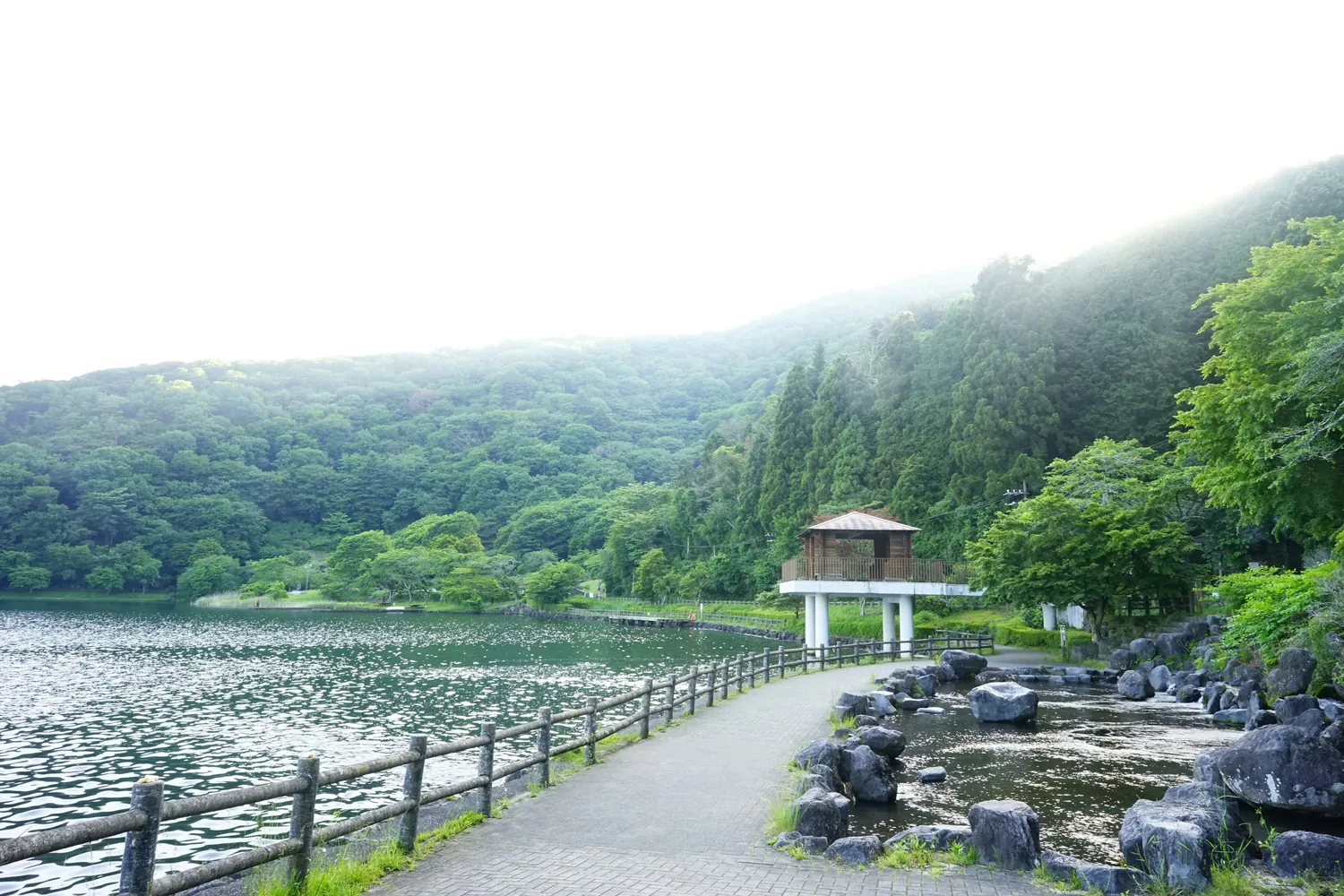Discovering Japan's Lesser-Known Onsen: A Guide to Rural Relaxation

The Enchantment of Japan's Hidden Onsens
Japan is renowned for its hot springs, known as onsen, which offer a soothing retreat from the hustle and bustle of everyday life. While popular spots like Hakone and Beppu attract tourists year-round, there are countless lesser-known onsen tucked away in rural areas that provide an equally enchanting experience. These hidden gems not only offer tranquility but also a deeper connection with Japan's natural beauty and cultural heritage.
Understanding Onsen Culture
Onsen bathing is deeply rooted in Japanese culture, often associated with relaxation, health benefits, and spiritual cleansing. The water in onsens is naturally heated by geothermal forces and is typically rich in minerals that are believed to aid in healing various ailments. Visiting an onsen is more than just a bath; it's a ritual that has been practiced for centuries.
Before diving into the less-traveled onsen routes, it's important to understand some basic etiquette:
- Cleanse Before Entering: Always wash and rinse your body thoroughly before entering the communal bath.
- No Clothing Allowed: Onsens are generally enjoyed nude, which can be a surprising cultural experience for first-time visitors.
- Quiet Environment: Maintaining a tranquil atmosphere is essential; avoid loud conversations and disruptive behavior.
The Journey to Rural Onsens
Embarking on a journey to explore rural onsens involves a bit of planning and an adventurous spirit. These onsen often require travel through scenic landscapes, adding to their allure. Here are some noteworthy rural onsen destinations to consider:
Tsumagoi Onsen, Gunma Prefecture
Nestled in the mountains of Gunma Prefecture, Tsumagoi Onsen is famous for its picturesque snow-capped vistas and secluded hot spring baths. The area is particularly stunning during winter when the landscape is blanketed in snow, offering a surreal outdoor bathing experience.
When planning your visit, consider staying at Tsumagoi Resort Sai no Sato, which offers traditional ryokan accommodations with private open-air baths. Embrace the serene environment by taking a meditative walk through nearby forests or enjoy local delicacies like Gunma's famous konnyaku dishes.
Nakatsu Gorge Onsen, Kochi Prefecture
This hidden gem in Shikoku Island boasts one of the most breathtaking natural settings for an onsen experience. Nakatsu Gorge is surrounded by rugged cliffs and crystal-clear waters, making it an ideal spot for nature lovers. The onsen here blends seamlessly with its surroundings, providing a perfect escape for those seeking solitude.
A recommended itinerary includes hiking along the gorge trails before soaking in the therapeutic waters of the onsen. Local guesthouses offer cozy lodging and serve delicious Kochi cuisine, such as katsuo no tataki (lightly seared bonito).
Cultural Insights from Rural Onsens
While visiting these remote onsen locations, travelers have the opportunity to engage with local communities and learn about their way of life. Many rural onsens are family-owned, passed down through generations, preserving traditions and stories that are shared with visitors.
For example, in Matsunoyama Onsen, Niigata Prefecture, you might find yourself discussing the history of the region over tea with the innkeepers, gaining insight into the area's salt production heritage and its influence on local bathing practices.
The Personal Touch of Family-Run Inns
The hospitality at family-run ryokans adds a personal touch to your stay. From being greeted warmly at the door to being served meticulously prepared meals known as kaiseki, guests often feel part of an extended family. Such interactions enhance the overall onsen experience, turning a simple bath into a cherished memory.
Planning Your Onsen Retreat
A successful rural onsen trip requires some foresight. Here’s a checklist to ensure your journey is smooth:
- Research Seasonal Highlights: Determine the best time to visit each location. Some onsens are best experienced in specific seasons due to natural phenomena like cherry blossoms or autumn leaves.
- Check Accessibility: Some rural onsens may require car rentals or bus rides from nearest train stations. Ensure you have transportation arranged beforehand.
- Book Accommodations in Advance: Due to their remote nature, accommodations can fill up quickly, especially during peak seasons.
- Prepare Language Tools: English may not be widely spoken in rural areas. A translation app or phrasebook can be very helpful.
A Final Note
Discovering Japan's lesser-known onsens offers an unparalleled opportunity to connect with nature and immerse oneself in authentic Japanese culture. The journey might lead you off the beaten path, but the rewards are rich – offering relaxation, rejuvenation, and memories that last a lifetime.
So pack your bags and prepare for an adventure that promises both peace and discovery amid Japan’s most serene landscapes. The lesser-known onsens await you with open arms and warm waters.
